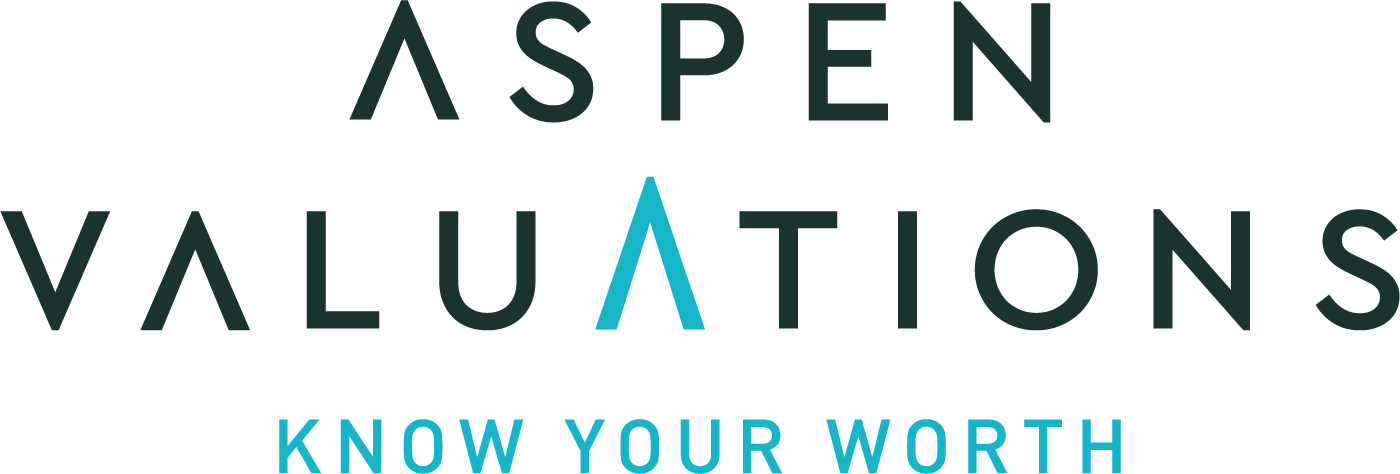Maximizing the Benefits of SBA Loans with Expert Business Valuation
Small businesses, defined as those with fewer than 500 employees, are the backbone of the American economy, representing 99.9% of all U.S. businesses and supporting over 60 million jobs. The U.S. Small Business Administration (SBA), established in 1953, plays a pivotal role in supporting these businesses. A critical aspect of this support comes through SBA loans, which are designed to provide small businesses with necessary capital, especially when traditional bank loans are inaccessible or inadequate.
For small businesses, access to adequate capital is vital for sustained success. Often, these businesses face challenges in obtaining credit compared to larger counterparts, with new entrepreneurs particularly struggling due to limited credit history. The SBA strives to bridge these gaps in commercial lending, ensuring that small businesses nationwide can secure credit under fair terms.
SBA loans are instrumental in aiding small businesses to secure financing. These loans, issued through private banks, credit unions, and other financial institutions in partnership with the SBA, are designed to minimize lender risk and broaden access to capital for business owners.
Key advantages of SBA-guaranteed loans include:
- Competitive Terms: SBA loans typically offer rates and fees comparable to conventional loans.
- Ongoing Support: Entrepreneurs benefit from counseling and educational resources, aiding in both startup and ongoing business management.
- Flexible and Accessible: Features like lower down payments, lenient overhead requirements, and no collateral for certain loans make these more accessible to a variety of businesses.
There are three primary categories of SBA loans:
- 7(a) Loans: The most common program, offering up to $5 million in funding. These loans cater to a range of business needs including working capital, debt refinancing, and purchasing business-related supplies.
- 504 Loans: Focused on long-term, fixed-rate financing for major business assets, supporting growth and job creation. These loans, capped at $5 million, are facilitated through Certified Development Companies (CDCs), local entities promoting economic development.
- Microloans: Designed for smaller-scale needs, these loans provide up to $50,000 to assist in various business activities, excluding debt repayment or real estate purchases.
Required Independent Business Valuation in SBA Loans
Securing SBA loans is a popular option for small businesses to finance their growth. However, it’s crucial for all parties to recognize the scenarios where an independent business valuation is mandatory. This valuation is not only a requirement but a key element in the lending process.
Criteria for Independent Business Valuations in SBA Loans
The SBA outlines specific conditions under which lenders, such as banks, credit unions, and CDCs, must seek an independent business valuation:
- Financial Threshold: Independent valuation is needed if the total financing (a mix of 7(a), 504, or other loans) minus the value of real estate and equipment exceeds $250,000.
- Relationship-Based Transactions: Required in cases where there’s a close relationship between the buyer and seller, like family members or business partners.
- Lender Policies: Some lenders have internal rules mandating an independent valuation.
Qualifications for Valuation Analysts
A valuation must be conducted by a professional accredited by recognized institutions:
- American Institute of Certified Public Accountants (ABV)
- American Society of Appraisers (ASA)
- National Association of Certified Valuation Analysts (CVA)
- Institute of Business Appraisers (CBA)
- International Society of Business Appraisers (BCA)
Additional Valuation Requirements
For SBA loan purposes, the valuation must:
- Be specifically commissioned by the lender, not using valuations prepared for either the applicant or seller.
- Clearly outline the nature of the transaction (asset or stock purchase) and include relevant details, such as assumed debts.
- Contain the analyst’s valuation conclusion, credentials, and a signature certifying the report’s accuracy.
- Adhere to the Uniform Standards of Professional Appraisal Practice (USPAP) guidelines.
Our accredited professionals, with certifications from prestigious bodies, are adept at providing valuations that adhere to SBA guidelines and the Uniform Standards of Professional Appraisal Practice.
By choosing Aspen Valuations for your business valuation needs, you’re not just meeting a loan requirement; you’re gaining a partner who is invested in your success. Contact us today to see how we can assist in unlocking the full potential of SBA loans for your business.
